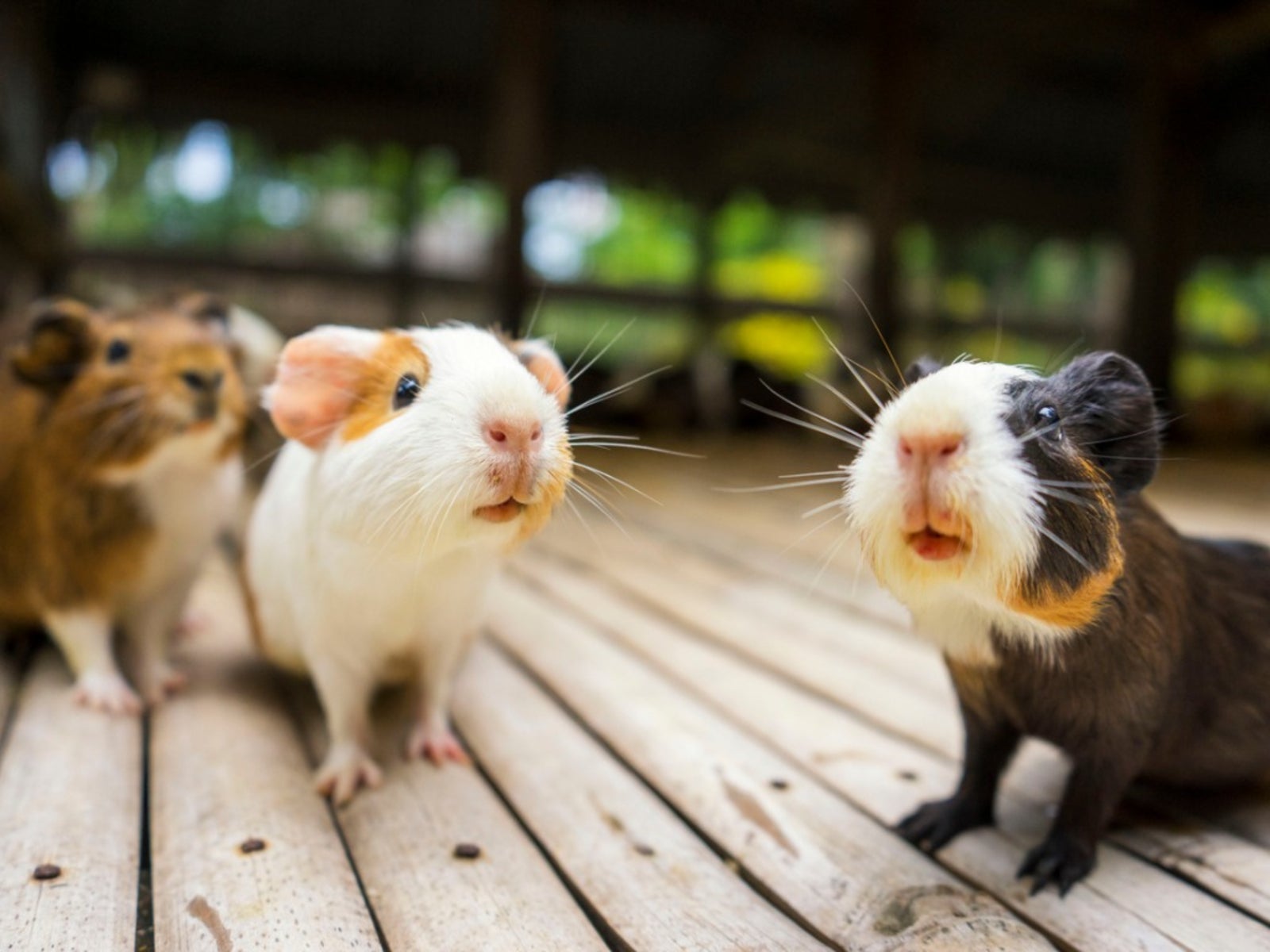Pet Rodent Compost: Using Hamster And Gerbil Manure In Gardens

You have heard of composting sheep, cow, goat, horse, and even wild animal manure, but what about using hamster and gerbil manure in the garden? The answer is absolutely yes, you can use gerbil manure in gardens along with hamster, guinea pig, and rabbit manure. These animals are vegetarians, unlike dogs and cats, so their waste is safe to use around plants. Let's learn more about composting small rodent manures such as these.
About Pet Rodent Compost
Adding compost to soil increases soil fertility and provides both phosphorus and nitrogen needed for healthy root and plant development. Pet rodent compost such as guinea pig, rabbit, hamster, and gerbil manure in gardens is a great way to make use of waste material and improve your soil diversity.
Composting Small Rodent Manures
Although small rodent manures can be used directly in the garden, most people prefer to compost the manure first. Composting small rodent manure is not difficult and yields a rich garden fertilizer perfect for flowers, fruits, and vegetables. The best way to compost this manure is to add the waste to your compost bin or pile and then add in equal amounts of brown material, such as straw or wood shavings. Don't forget to add in your pet's bedding when you add the waste to the compost-- this will help with the composting process. If you have kitchen vegetable scraps, coffee grounds, or leaves you can also use these in your compost pile. Be sure to follow good composting rules with a brown to green ratio of 5:1. Keep the pile turned every two weeks to help circulate air and add some water after you turn it to keep the humidity levels up. Be patient with your compost. Depending on your bin type and size of pile, it could take up to a year to fully compost.
Using Gerbil and Hamster Manure Fertilizer
Using gerbil and hamster manure fertilizer in the garden and for houseplants is as easy as sprinkling some on top and mixing in with the soil. An application before planting and several applications during the growing season will ensure that your plants will thrive. You can also create a compost tea by putting the compost in a burlap bag and placing it in a bucket of water. Wait a week or so and you will have a high nutrient liquid fertilizer compost tea. Use 2 parts water to 1 part compost tea for best results.
Gardening tips, videos, info and more delivered right to your inbox!
Sign up for the Gardening Know How newsletter today and receive a free copy of our e-book "How to Grow Delicious Tomatoes".
-
 Looking For Plants To Give You The Soft And Fuzzies? Try These 5 Fuzzy Leaf Plant Options
Looking For Plants To Give You The Soft And Fuzzies? Try These 5 Fuzzy Leaf Plant OptionsLovers of texture, drama, silver foliage and tactile plants will adore these special sensory garden additions. These fuzzy leaf plant options will leave you all aglow
By Susan Albert
-
 Get Ready For A Summer Of Hummers! Grow These Full Sun Hummingbird Plants and Flowers
Get Ready For A Summer Of Hummers! Grow These Full Sun Hummingbird Plants and FlowersIf you’re lucky enough to enjoy a sunny backyard, make sure you are maxing out on your pollinator opportunities and grow these full sun hummingbird plants and flowers
By Tonya Barnett